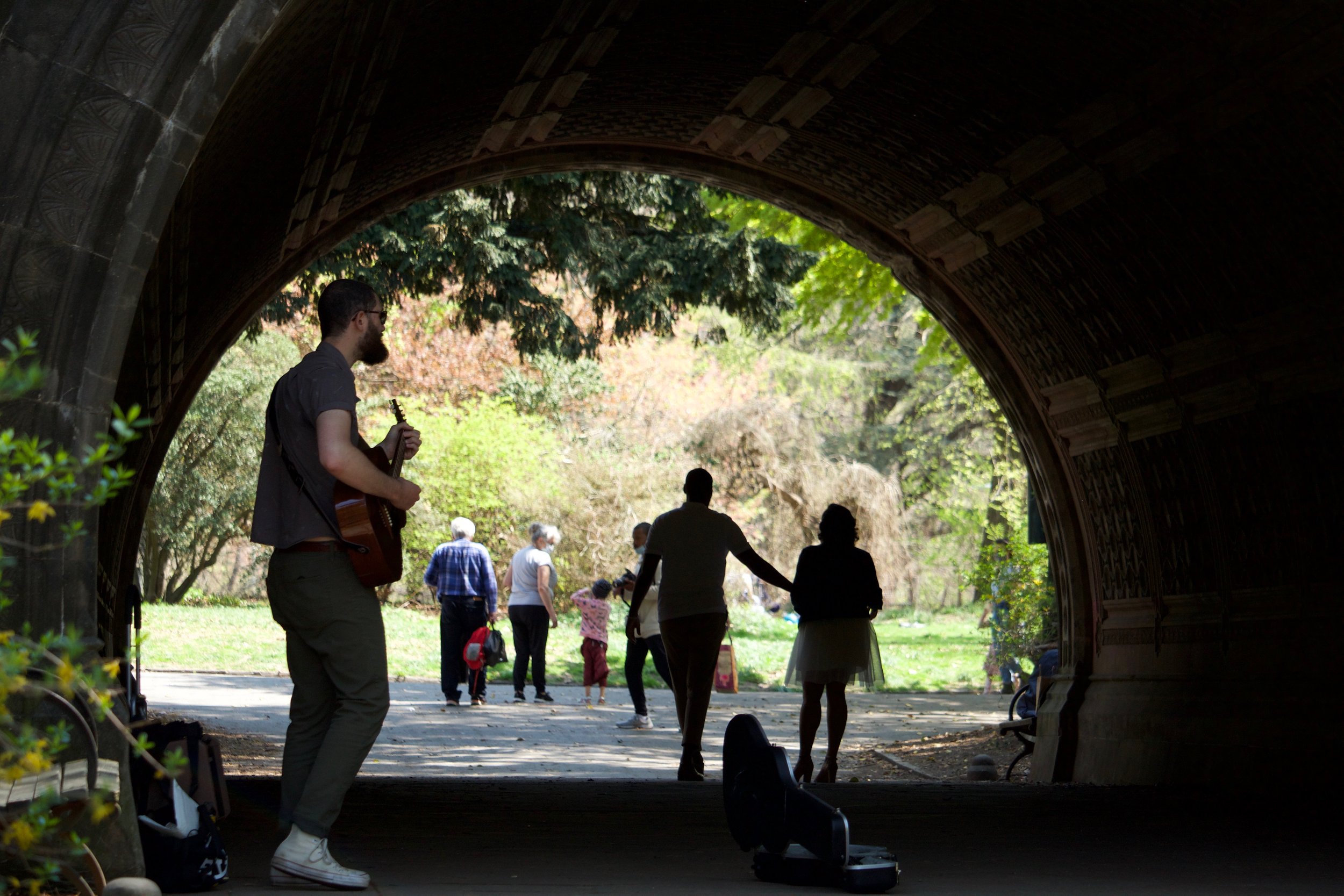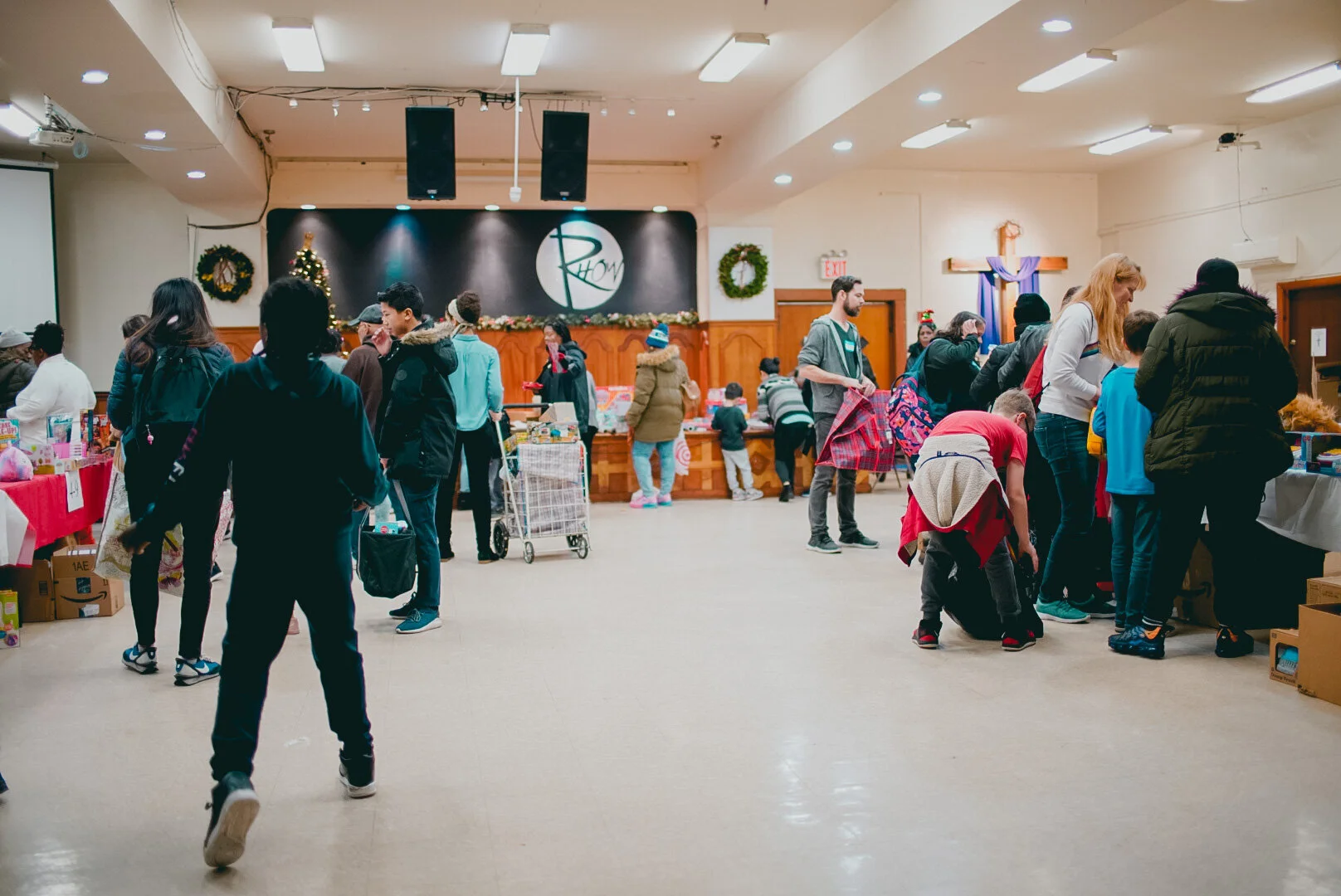
Serving Our Neighbors
The prophet Micah famously wrote a simple description of the life of those who live in covenant with Yahweh: “He has shown you, O mortal, what is good. And what does the Lord require of you? To act justly and to love mercy and to walk humbly with your God.” (Micah 6:8)
It is a life of deep relational connection and it is a life of loving action. Our shared outward practice during Epiphany is to take up this prophetic invitation and the example of Christ. As we study the ministry of Jesus on Sundays, we must live the ministry of Jesus in our lives. We are called to serve our neighbors in tangible actions of love and not merely lofty ideas or sentiment.
Make a plan for how each week or each day you can serve or show love to your neighbors, especially the poor among us. We will have several shared opportunities to do this as a church family, but pray as ask God how you in particular are called to join in.
This description from The Second Mountain by David Brooks is helpful and inspiring:
If you wanted to generalize a bit, you could say there are six layers of desire:
1. Material pleasure. Having nice food, a nice car, a nice house.
2. Ego pleasure. Becoming well-known or rich and successful. Winning victories and recognition.
3. Intellectual pleasure. Learning about things. Understanding the world around us.
4. Generativity. The pleasure we get in giving back to others and serving our communities.
5. Fulfilled love. Receiving and giving love. The rapturous union of souls.
6. Transcendence. The feeling we get when living in accordance with some ideal.Social science and much of our modern thinking tends to emphasize the first two desires. We often assume that self-interest—defined as material gain and status recognition—are the main desires of life and that service to others is the icing on the cake. And that’s because for centuries most of our social thinking has been shaped by men, who went out and competed in the world while women largely stayed home and did the caring.
These men didn’t even see the activity that undergirded the political and economic systems they spent their lives studying. But when you actually look around the world—parents looking after their kids, neighbors forming associations, colleagues helping one another, people meeting and encountering each other in coffee shops—you see that loving care is not on the fringe of society. It’s the foundation of society.
Translated ‘sacred reading’, this ancient practice offers a way to read the Scriptures slowly and prayerfully.
Spend daily time with Jesus through the Gospels. There are many ways that you might select a Gospel reading for the day. The main thing is simply to find a passage that is a manageable length for the time you have set aside.
Use Israel’s prayer book as a starting place for honest conversation with God.
Some people find it easier to engage with God while out in creation or while moving their bodies.
Experiment with employing various postures as you spend time with God in prayer.
This ancient practice provides for a prayerful reflection on the day typically undertaken shortly before going to bed.
This keystone practice involves setting aside one day a week to rest, to cease from your work, and simply enjoy God, our relationships, and creation.
Prayer is our opportunity to interact with the Creator God and participate in his work of bringing redemption to earth.
We can practice compassion by practicing to see others. Allow their pain and need to move us. Take action.
We are continuing a response in obedience as a church to intentionally turn outward from ourselves to our neighbors in love.
Fasting may feel like an intimidating activity, but it is a spiritual discipline that is open to anyone. Not everyone will fast, but everyone can.
Make a plan for how each week or each day you can serve or show love to your neighbors, especially the poor among us.
Every day during Epiphany, we can join God in the renewal of the world through our prayers of intercession.
Each season we share an “inhale” practice to grow to be more like Christ as well as an “exhale” practice to put the love of Christ into action in the outflow of our lives.
These two practices make up a powerful formative duo that have been relied upon by followers of Jesus across the ages.
In our time and context it may feel challenging or embarrassing to speak openly about faith in Christ, but there are some powerful and important reasons to overcome those difficulties.

















